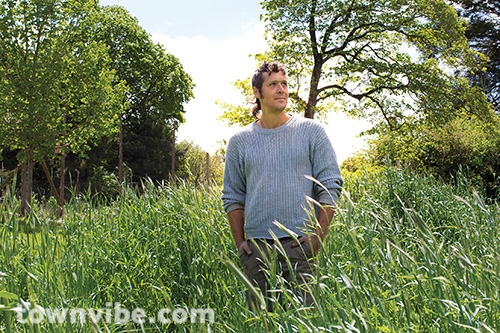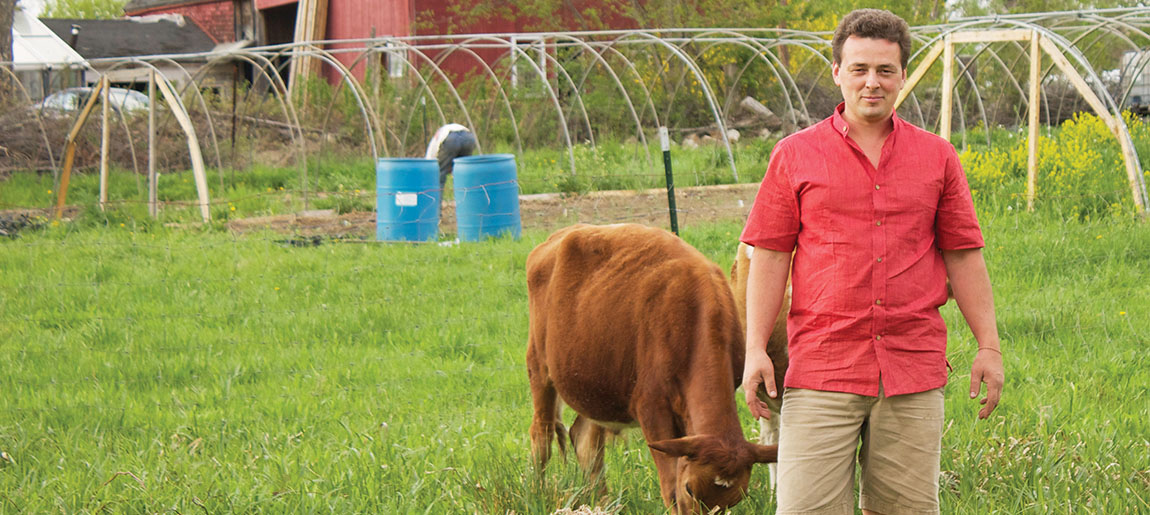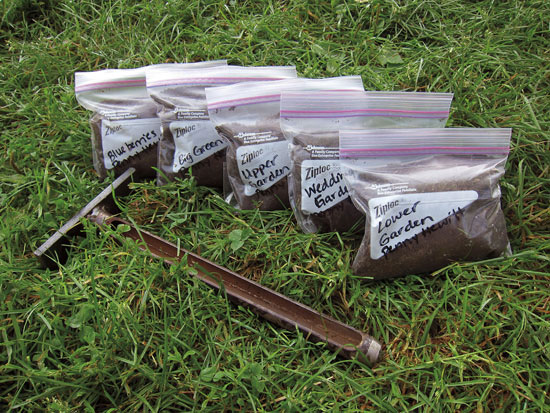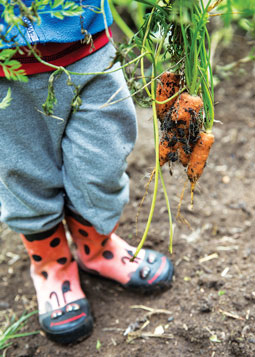Good Dirt: Growing Better Food in Bedford

When I heard that Bedford farmer Doug DeCandia bought 20 tons of trap rock dust for his fields, I couldn't figure out what that had to do with a productive garden. Plus, why was he digging dirt from around skunk cabbage and also leaving some weeds growing near food crops? t's all about growing better food. Five years ago, DeCandia learned about the Bionutrient Food Association (BFA) and was so convinced of its efficacy for growing nutrient-dense food that he founded a local chapter here, in Bedford, to spread the word. It's the latest approach to gardening, but there's really nothing new about it; Mother Earth has been doing it all along, well, that is, when she's given the chance to maintain plant diversity and healthy soil. Read on...





 Are organic foods more nutritious than conventionally raised ones? Stanford University scientists cast doubt on that concept last year in a widely publicized report. But the gritty little secret is that whether your apples and spinach are organic or not, nutrient levels can vary dramatically depending on growing conditions, such as soil type and quality, temperature, and days of sun versus rain. As a consumer, you have no independent way of verifying that you have chosen a superior batch. But what if you had a handheld scanner that would allow you to check nutrient density? “You could compare carrots to carrots,” says Dan Kittredge, executive director of the Bionutrient Food Association, which is raising the funds to research such a device. “If this batch is a dud, pass. If the next one is good, that's where you spend your money.”
Are organic foods more nutritious than conventionally raised ones? Stanford University scientists cast doubt on that concept last year in a widely publicized report. But the gritty little secret is that whether your apples and spinach are organic or not, nutrient levels can vary dramatically depending on growing conditions, such as soil type and quality, temperature, and days of sun versus rain. As a consumer, you have no independent way of verifying that you have chosen a superior batch. But what if you had a handheld scanner that would allow you to check nutrient density? “You could compare carrots to carrots,” says Dan Kittredge, executive director of the Bionutrient Food Association, which is raising the funds to research such a device. “If this batch is a dud, pass. If the next one is good, that's where you spend your money.”